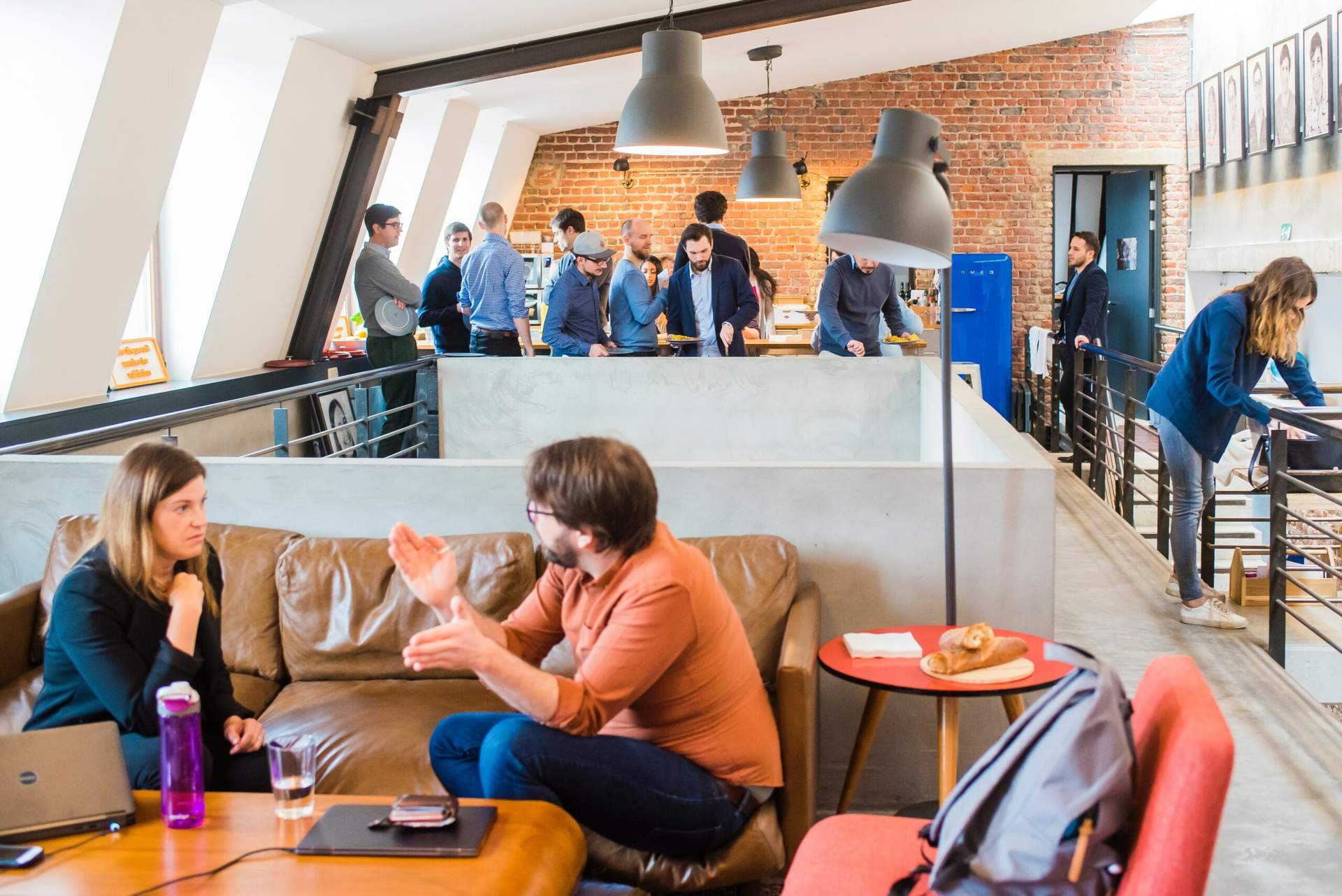Let’s explore what neurodiversity is, why it’s essential for businesses to embrace it, and how you can create a more inclusive environment for neurodivergent individuals.
What is Neurodiversity?
This term neurodiversity encompasses a variety of conditions, including autism, ADHD, and dyslexia, among others.
Neurodiversity is the idea that neurological differences are just as valid as any other human variation. In simpler terms, it means that people who have conditions affecting mental health or cognitive function should be respected and accommodated in the same way as any other form of diversity. Neurodivergent individuals often possess unique skills, such as high levels of focus, analytical thinking, and problem-solving abilities, which can be incredibly valuable in a business setting.
The Importance of Neurodiversity in Business
Innovation
Neurodivergent individuals often have unique ways of viewing problems, which can lead to innovative solutions. Their different perspectives can be invaluable in brainstorming sessions and project development.
Productivity
Certain neurodivergent conditions, such as autism, are associated with high levels of focus and attention to detail. These traits can lead to increased productivity, especially in tasks that require a deep level of concentration.
Legal Compliance
In many jurisdictions, including the UK, there are laws and regulations that mandate or encourage inclusive hiring practices. Being proactive in supporting neurodiversity can help your business stay compliant with these laws.
Employee Satisfaction and Retention
A workplace that supports all forms of diversity, including neurodiversity, is generally a more pleasant and satisfying place to work. This can lead to higher levels of employee engagement and retention.
Real-World Examples of Supporting Neurodiversity
Microsoft
Microsoft’s Autism Hiring Program is a shining example of how to support neurodiversity. The program focuses on matching candidates with the right roles, bypassing the traditional interview process that can be challenging for neurodivergent individuals. Instead, candidates participate in a series of team exercises, allowing their skills to shine in a more comfortable setting.
BBC
The BBC’s CAPE (Creating a Positive Environment) program in the UK aims to support neurodivergent employees by offering flexible working arrangements, quiet spaces, and specialised training for managers. The program has been praised for its comprehensive approach to inclusion.
How to Support Neurodiversity in the Workplace
Educate Your Staff
The first step in creating an inclusive environment is education. This can be achieved through workshops, seminars, and even online courses that educate employees about the different types of neurodivergent conditions and how they can be accommodated in the workplace.
Create an Inclusive Environment
Flexible Working Hours
Not everyone is at their most productive during traditional working hours. Offering flexible working hours can be a simple but effective accommodation.
Quiet Spaces
Open-plan offices can be overwhelming for neurodivergent individuals. Providing quiet spaces where employees can work without distractions can make a significant difference.
Clear Communication
It’s essential to use clear and straightforward language in all forms of communication. This is particularly important for neurodivergent individuals who may struggle with understanding figurative language or implied meanings.
Recruitment Practices
Inclusive Job Descriptions
The language used in job descriptions can either encourage or discourage neurodivergent individuals from applying. Using inclusive language can widen your talent pool.
Skill-Based Assessments
Traditional interviews can be challenging for neurodivergent individuals. Consider using skill-based assessments or task-oriented evaluations instead.
Employee Support
Mentorship Programs
A mentorship program can provide neurodivergent employees with a resource for guidance and support, helping them navigate workplace challenges.
Regular Check-ins
Regular one-on-one meetings can provide an opportunity to discuss any challenges and accommodations that may be needed.
Building a Neurodiversity Policy
Creating a formal neurodiversity policy can provide a framework for inclusion. This policy should outline your company’s commitment to neurodiversity, detail the types of accommodations available, and provide information on how employees can request these accommodations.
Measuring the Impact
It’s essential to track the effectiveness of your neurodiversity initiatives. This can be done through regular surveys, feedback sessions, and by monitoring key performance indicators (KPIs) related to employee engagement and productivity.
Key Takeaways
- Neurodiversity includes conditions like autism, ADHD, and dyslexia.
- Supporting neurodiversity can lead to increased innovation and productivity.
- Education, inclusive environments, and supportive recruitment practices are crucial for fostering neurodiversity.
- Building a formal neurodiversity policy can provide a framework for inclusion.
- Measuring the impact of your initiatives is essential for continuous improvement.
By embracing neurodiversity, you’re taking a significant step towards creating a more inclusive and productive work environment. So, why wait? Start your journey towards a neurodiverse workplace today!
Supporting neurodiversity is not just a moral obligation but a business imperative. By fostering an inclusive environment, you’re not only complying with legal standards but also enriching your workforce with diverse skills and perspectives. Remember, a neurodiverse workforce is a strong workforce.

